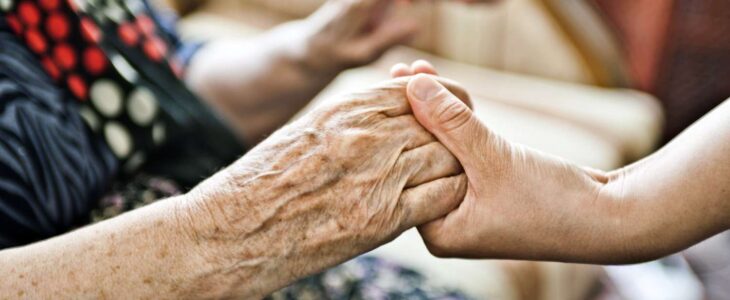The difference between what you dreamed your retirement years would look like and the reality of those years will be influenced by several factors. Wealth, of course. And health. But equally important…is planning. Specifically, a comprehensive estate plan. Because proper planning will make the most of whatever wealth and health you’ve got.
Some people put off their estate planning because it can be intimidating or uncomfortable to plan for your incapacity and/or death. But the peace of mind you get when you put your affairs in order is priceless. Estate planning in your 20s is different than estate planning in your 40s or 60s. If you are nearing retirement and haven’t created an estate plan– or need to modify one from long ago– finding an experienced New York City Elder Law attorney is important.
As people age, they not only need estate planning essentials like a Last Will and Testament, Powers of Attorney, Health Care Proxies, and Living Wills, and maybe a Trust, but they also need to explore Medicaid planning and long-term care planning. This planning may protect your life savings and your home from being wiped out by the costs of an illness, accident, or other disabling event requiring long-term nursing home care.
Ideally, the earlier these issues are faced the better, as certain strategies for protecting assets have “look back” periods. If you create your estate plan while you have the mental capacity to do so, you’ll appoint those you trust to make your health and financial decisions and will avoid your loved ones having to petition the court for guardianship or conservatorship in the event you gradually or suddenly lose the ability to handle your health or financial affairs or become a victim of elder abuse.
What is elder abuse?
According to the New York State Coalition on Elder Abuse, there are five (5) types of elder abuse:
- Physical abuse: Intentional use of force resulting in bodily injury, pain or impairment. Examples include cutting, bruising, slapping, burning, improperly physically restraining.
- Emotional abuse: Intentionally causing mental or emotional anguish through threats humiliation and intimidation. Examples include isolating or frightening.
- Neglect: The willful or non-willful failure by a caretaker to fulfill their responsibilities with respect to providing food, water, heat, clothing, health-related services and more.
- Financial Exploitation: Improperly using funds another adult’s property or resources. Examples include forgery, embezzlement, fraud, falsifying records denying access to assets, and coerced property transfers.
- Sexual abuse: Any kind of sexual contact with an adult victim without their consent. Examples include forced sexual conduct or forced sex with a third-party.
Sadly, as our loved ones (or we) age, the chances of falling victim to elder abuse, neglect, or exploitation increase. Approximately 300,000 older New Yorkers become elder abuse victims each year.
The perpetrators may be strangers, caretakers in nursing homes or similar facilities or private homes. More commonly, it’s a friend or family member. Sometimes senior citizens fall victim to self-neglect where they can no longer take care of themselves due to physical, mental or emotional impairments. Often, shame and fear keep victims from telling anyone about the abuse.
What are the signs of elder abuse?
The New York State Office of the Aging lists the following as some of the common signs of elder abuse:
- “Bruises, burns, scars, poor hygiene.
- changes in banking/spending.
- depression, confusion, acting withdrawn.
- isolation from friends, family.
- seeming under fed, dehydrated, overmedicated, undermedicated.
- lack of needed medical care.”
You can help a suspected victim of elder abuse by calling the New York State Adult Protective Services Helpline at 1-844–697–3505 (or 911 in an emergency situation).
We can’t always protect ourselves or our loved ones from the many types of elder abuse in the world. But sitting down with an experienced New York City estate planning attorney is the best way to build financial, health, and other protections into your life.
If you happen to be the aging parent of an adult child with disabilities who still lives at home, it’s extra important to get your affairs in order so you don’t inadvertently cost them any government benefits they may be receiving if you die without a proper estate plan in place.
MUST HAVE PLANNING: Choosing and timely implementing the right special needs trust for your disabled loved one is crucial to ensuring their continued eligibility for government benefits and safeguarding funds to provide them with a better quality of life. Equally important is having a comprehensive special needs estate plan in place.
For more information, download our FREE report of 10 Must Have Documents for All Parents of Special Needs Children.
At Sverdlov Law, we are dedicated to helping our clients get the peace of mind that comes with getting their affairs in order, preserving their assets, and protecting their families. From our office on Wall Street, we represent clients throughout New York City and New York State in all aspects of estate planning, estate administration, Medicaid planning, elder law, and business succession matters.
Contact us to book your estate planning strategy session today or for additional resources regarding special needs trusts and other important matters.


